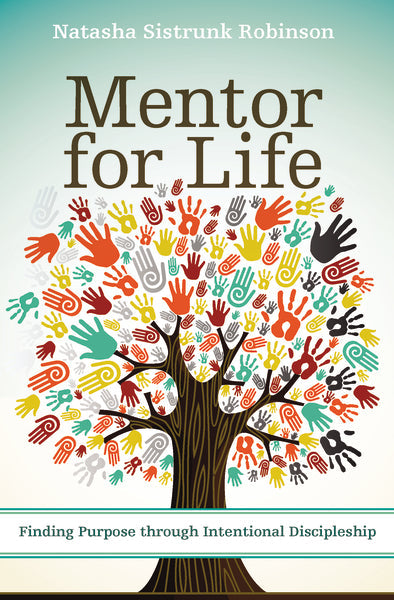It is true that we become like what we see. Growing up, my gaze was constantly fixed on my mother, Sallie. She was a humble woman who led—a woman of influence. Throughout her life, this woman mentored me and taught me about the importance of relationships and the humble posture of embrace—always being inviting and hospitable toward others regardless of our differences.
Because my mother was committed to serving and was free to influence others based on her passions and giftedness, nonvoters were registered, students were taught, young people remained in college, girls walked away from bad situations, families stayed together, friends found comfort, and expectations were raised. She was a woman who stood in the gap for other women.
She was liberated in her spirit and in her mind, and all who knew her were better for it. I will never forget that she found her true identity in Christ. She knew exactly who she was, and she was unwavering about embracing her calling and living her life on purpose for God.
There was a time in my adult life when well-meaning Christians wanted to close my mind to my mother’s legacy, to the possibilities of what women could do to advance the kingdom of God. Some of my sisters insisted that my most important contributions would be inside my home and to my family, that everything else lacked value or relevance. Those messages stood in conflict with the testimony of my mother. As a result, I struggled to understand my identity, purpose, and calling as a woman, wife, and mother serving on active duty as an officer in the U.S. Marine Corps. I was asking myself, What does God’s Word say about women? Particularly, how does God feel about women like me? Were my service to country and my passion to raise up future leaders less important than my family commitments? Did I have to choose between them?
Going before the Lord to wrestle with these questions and having a diverse group of mentors in Christian faith to speak into my life have helped me resolve some of these uncertainties in my own heart. Embracing my true identity in Christ meant that I had to embrace all of myself, just as God created me, and not try to fit into someone else’s idea of who I should be because of my gender.
Embracing my identity in Christ also meant reflecting on the formative mentoring relationship I had with my dear mother. I am my mother’s daughter, an African American woman from South Carolina who loves the Lord and his church. I am a leader, learner, teacher, servant, advocate, wife, mother, and friend. It is in this capacity that I have mentored from the perspective of intentional discipleship with a compassionate embrace of God’s message for all women. Leaders in the church must ask, “Does God care about the things that concern women?” If you believe as I do that the answer to this question is yes, then let us consider what it means to effectively mentor women who understand their identity in Christ when they are diverse in their life stages, faith journeys, spiritual giftedness, professional work, and relational commitments.
This Is How We Do It
We embrace all women and mentor across generations so that women of all ages will learn from each other. Mentoring across generations means we intentionally place older and younger women in the same mentoring groups, but we also intentionally diversify our mentoring groups in other ways. After the women complete a brief information form at the beginning of the mentoring season, we prayerfully place older and younger, married and single, employed and stay-at-home moms in the same mentoring groups.
In addition to intentionally diversifying mentoring groups, we want to make the opportunity to commit as easy as possible. Out of respect for people’s schedules, we offer mentoring group opportunities at different times and in various home locations throughout the month. It is not considerate to ask busy women to come to a mentoring group across town on a weeknight, so we carefully consider the mentee’s geographical location and times of availability when placing her in a mentoring group. We provide the address and gathering times on our information form, and we ask the mentees to select their top three options based on their own schedules and location. We intentionally do not provide the mentors’ names because we don’t want mentees making group selections based on the mentors they personally like. We also do not tell them what mentoring resources we will use for mentoring groups because we do not want them to reject the opportunity if they have preconceived notions about a particular book or its author. This process also ensures mentees are not selecting groups based on their friendship circles or life stages. From the very beginning, we try to stretch women outside of their comfort zones.
Out of the diversity of our groups, God brings great unity.
—by Natasha Sistrunk Robinson, adapted from her new book Mentor for Life: Finding Purpose through Intentional Discipleship
How to Use This Book
Women want to mentor and be mentored. Robinson’s book Mentor for Life will equip them for it. You will see how women of all ages can learn from each other—within a powerful framework of intentional discipleship.

